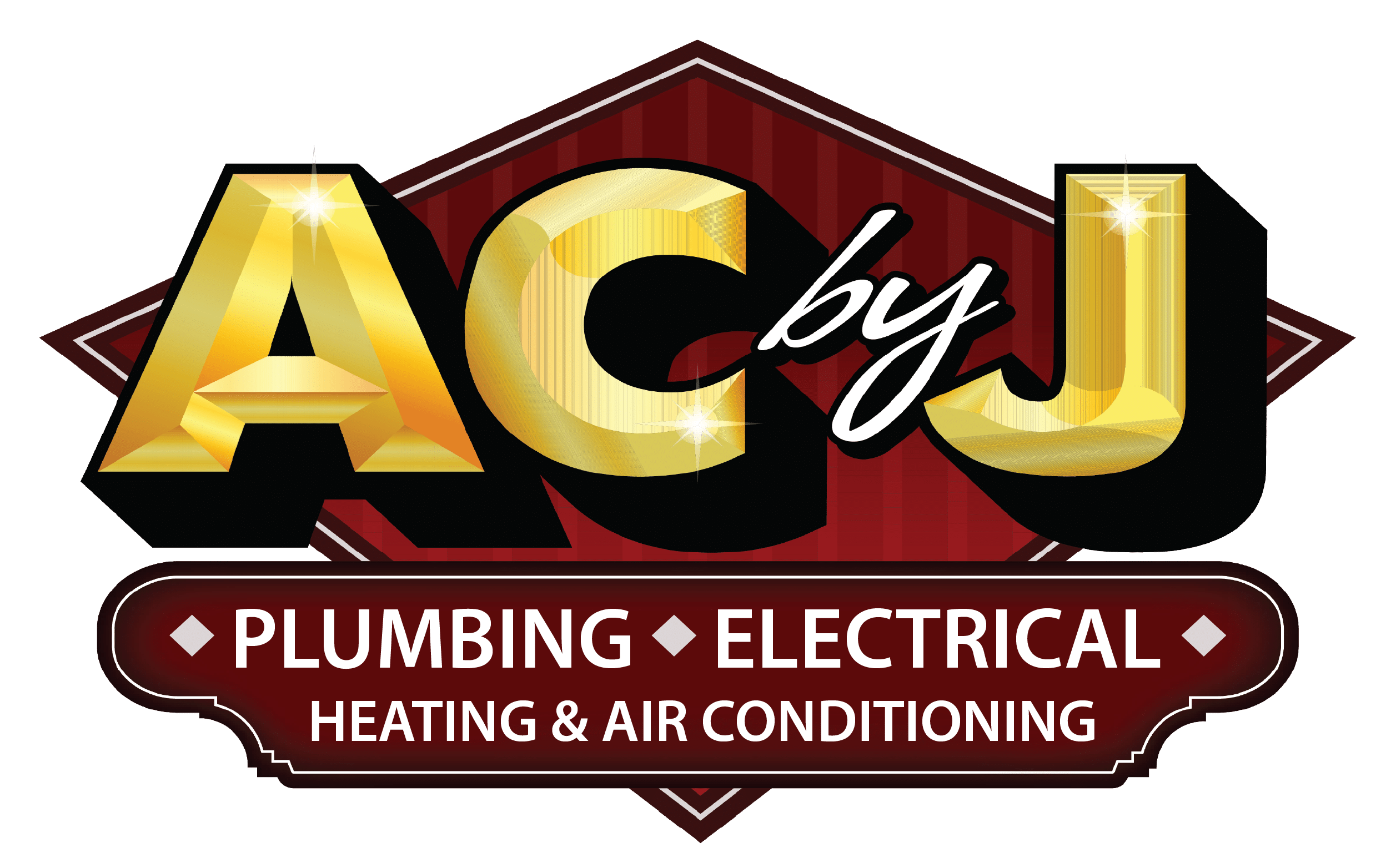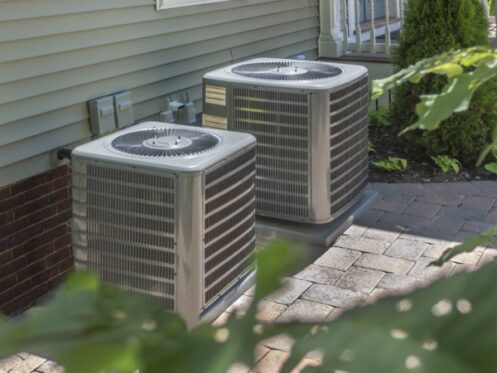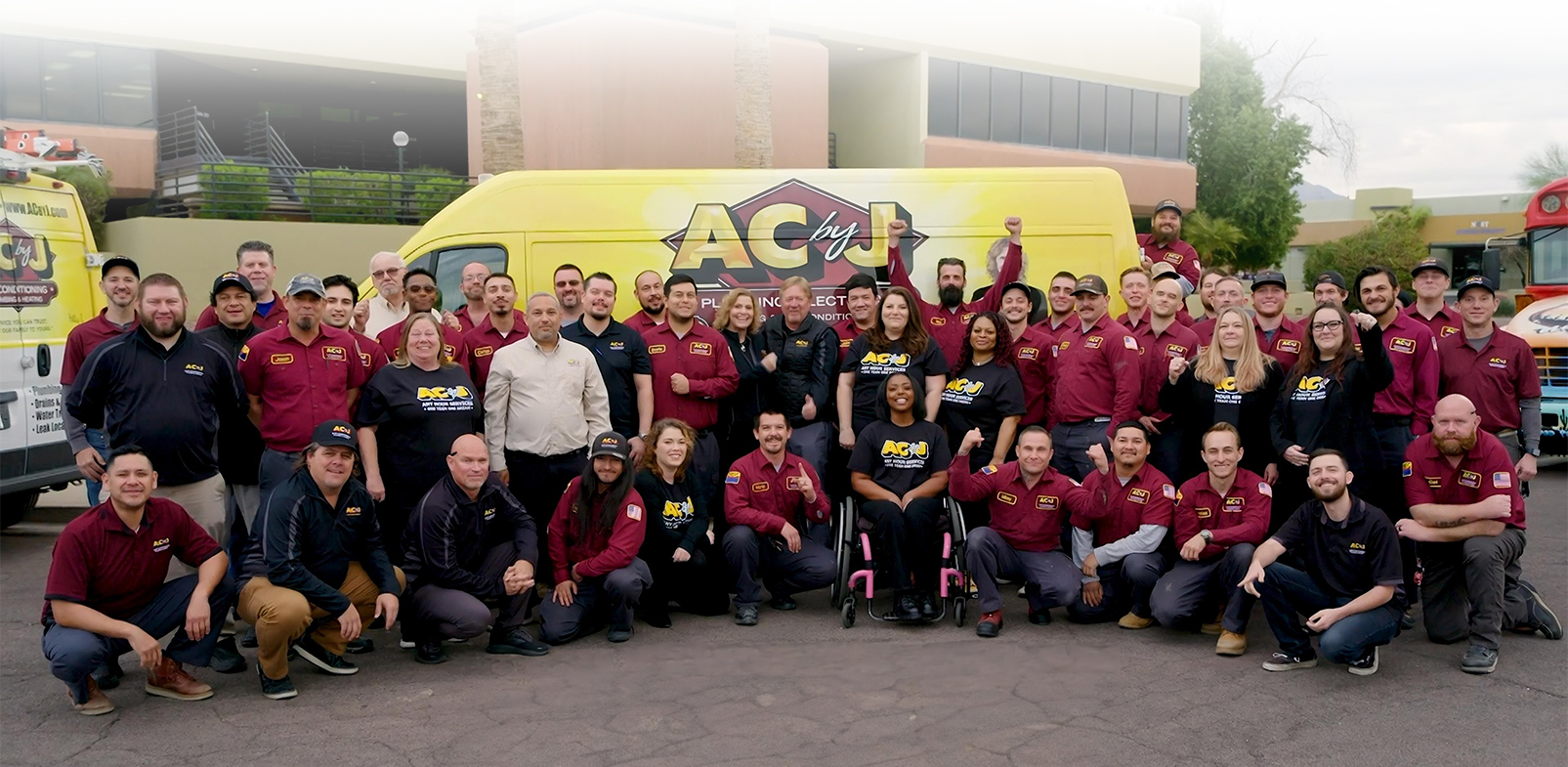It is vital to have your air conditioner (AC) regularly maintained by experienced AC contractors to optimize its performance and prevent costly repairs. Additionally, educating yourself about common air conditioning issues can help you take preventive measures and avoid significant repair expenses.
Familiarizing yourself with these 10 common AC problems can help you anticipate and avoid problems with your air conditioning system
1. Air Conditioner Fails To Turn On
There are several reasons why an air conditioner may fail to turn on, such as issues with the thermostat, electrical faults, or faulty components. For example, a tripped circuit breaker can cause your air conditioner to stop working. Likewise, issues with the thermostat, such as dead batteries or faulty sensors, can cause the air conditioner to fail to turn on. It’s essential to seek the assistance of a professional HVAC contractor who can accurately diagnose the issue and provide safe and effective repairs.
2. Restricted Airflow
Keeping the air filter and air ducts clean ensures your air conditioning unit circulates air efficiently and effectively. A dirty air filter can obstruct your unit’s airflow, causing your AC to malfunction. Additionally, a dirty air filter can cause the condenser unit to freeze up, limiting the cooling power of your AC.
The manufacturer usually specifies a recommended period for changing the air filter, which can vary from monthly to every three months. Some filters are also reusable and should be cleaned when they are dirty.
Checking if light passes through the filter can help determine if it needs cleaning. Refraining from changing or cleaning the air filter can reduce the airflow and cause the AC unit to freeze. It also makes the AC work harder, which can shorten its lifespan.
3. The Air Conditioner Is Freezing Up on Its Exterior
Low outside temperatures or a faulty fan motor can cause the system to freeze, particularly if the unit is not designed for colder climates. Low coolant levels are another potential cause, as they can result in inadequate heat exchange. Blower motor problems, such as a malfunctioning capacitor or worn-out bearings, can also contribute to freezing. Finally, a stuck contractor can cause the compressor to run continuously, leading to freezing.
If you are experiencing freezing issues with your air conditioning system, working with an expert is important to diagnose and address the root cause.
4. AC Refrigerant Leaks
A refrigerant leak in your air conditioner can cause temperature variations, coil freezing, and uneven cooling. In addition, refrigerant leaks can also result in low efficiency, meaning that your air conditioner will have to work harder to cool the air. This can lead to higher power consumption, which will cause your energy bills to rise.
To avoid these issues, call a professional for repairs as soon as you notice any irregularities with the cooling or unexpected rises in your energy bills. Prompt attention helps prevent further damage and even more costly repairs.
5. Unusual AC Noises
Air conditioners can make various sounds, which can indicate different problems. Paying attention to your air conditioner’s sounds is important, as they can be a warning sign of problems.
A hissing sound can indicate a refrigerant leak, while clicking sounds can signal a relay problem. In addition, thumping, rattling, and banging noises may indicate a problem with the blower or motor assembly. In contrast, a screeching noise may come from the compressor or fan motor. Lastly, a buzzing sound may indicate faulty electrical components.
6. Electric Control Failure
The unit’s condenser fan motor, blower motor, and compressor all rely on electrical connections to start the system. A connection issue can prevent these components from functioning properly, leading to a failure to start.
To address an electronic control failure, you should seek the assistance of a professional technician who can examine the electrical connections and diagnose the problem.
7. Drainage Problem
The accumulation of dust, dirt, or algae in the drain pipeline can lead to clogs, which can cause water to not drain properly from your air conditioning unit. This can create an environment where mold, fungus or mildew can thrive and release unpleasant odors and gases into your home. To avoid drainage problems, you should have your drain line regularly maintained, cleaned and inspected by an expert.
Another factor that can cause improper water drainage is an air conditioner that is not mounted level. If the unit is installed at an angle, it may not drain properly, leading to water leaks. Therefore, ensuring your air conditioning unit is installed level is crucial to avoid drainage problems.
8. Poor Indoor Air Quality
Air pollution isn’t limited to the outdoors. Sometimes, indoor air can be worse than the air outside. Cooking, cleaning products, pet dander, and dust mites can all contribute to poor indoor air quality.
It’s crucial to regularly change your air filter. It’s also helpful to have your air ducts regularly inspected. Leaks and cracks in the ductwork can let dirt and moisture in the ducts, which will then be blown around the house. An AC professional can inspect and repair any issues with your ducts.
9. A Problem With Water Dripping Outside From the Air Conditioning Unit
On hot or humid days, it’s typical for water to drip outside your AC when running. Cooler temperatures can cause your AC to freeze and leak water when it melts.
Other causes of water leaking outside your air conditioner include:
- Dirty filters
- Blocked drain pipes
- Broken condensate pans
- Low coolant levels
- Improper installation
Again, an expert can assist you in resolving these issues related to equipment breakages and improper installations.
10. Sensor Problem
Within an air conditioning unit, there is a thermostat sensor situated near the evaporator coil. This sensor measures the air temperature within the coil and adjusts the cooling accordingly to suit the room’s needs.
However, if the sensor becomes dislodged, it can cause the air conditioner to turn on and off randomly or cycle continuously. To prevent sensor problems within your air conditioner, ensure the sensor is correctly positioned near the evaporator coil and not touching it.
Adjusting the thermostat sensor requires precision and expertise. An expert can assist in repositioning the sensor by bending the wire that holds it in place to ensure it is correctly located. This will prevent any issues caused by the sensor being in the wrong position, such as erratic air conditioner cycling, and help ensure efficient and effective cooling.
Contact the Experts
At AC by J, we recognize the inconvenience and stress that can arise from having issues with your air conditioning system. As such, our team is dedicated to helping you identify the root cause of the problems and providing effective solutions to restore their proper function. Whether the issue is a minor repair or a more complex problem, we are committed to assisting you in restoring your air conditioning system to optimal condition.
Moreover, we offer various plumbing and HVAC services catering to the needs of residential and commercial clients in Scottsdale, AZ. Our services include installing, maintaining, and repairing heating and cooling systems. We also provide indoor air quality, water treatment, and water heater services.
Do not let air conditioning problems dampen your day. Contact AC by J today to schedule an appointment and experience our excellent air conditioning repair services.






